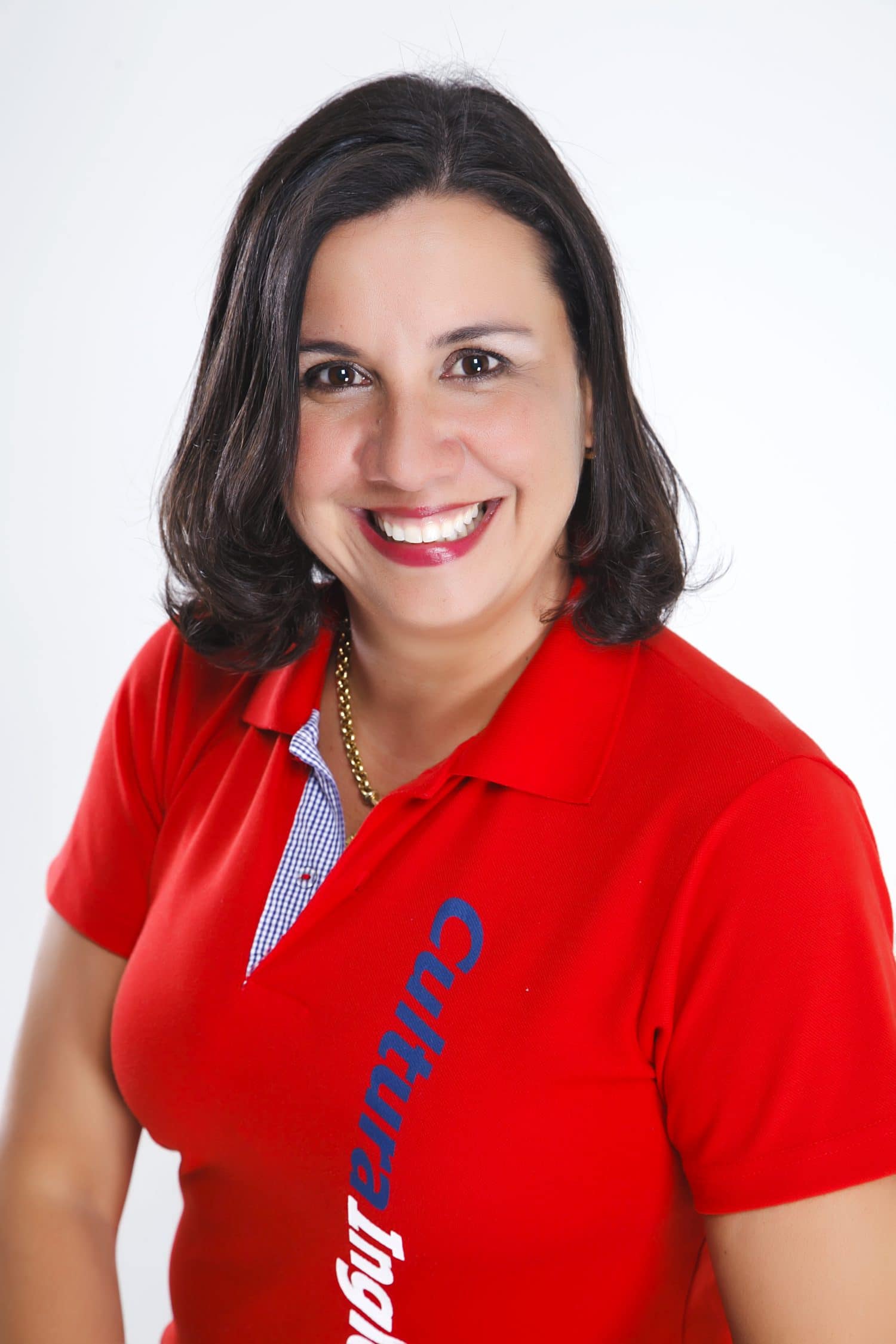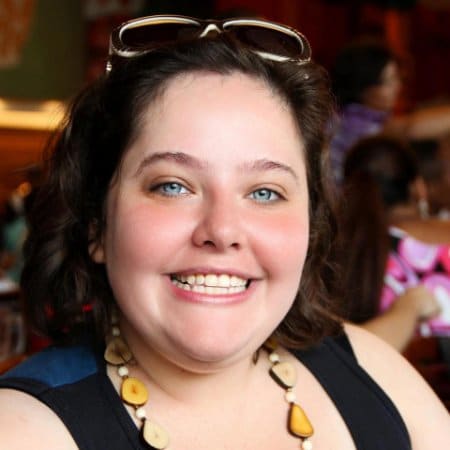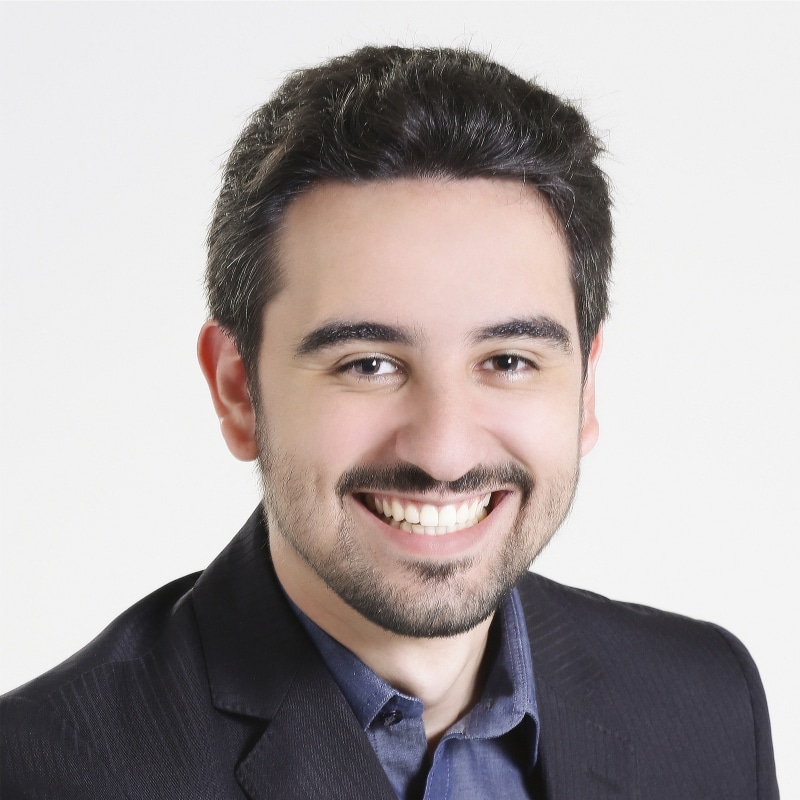Assessment types for young learners
Following the topic of previous months – assessing young learners – I will here discuss a bit some types we can use with this age groups.
Effective language assessment provides chances for children to use their abilities to demonstrate what they can do at their appropriate level. It requires acknowledgement of the principles we have already discussed last month and also of the curriculum goals as well as children’s cognitive developmental, emotional and psychological stages [as I have briefly discussed even before].
In order to suit young learners’ reality best, assessment should concentrate on the development of language use, in performance assessments so to ‘give the children opportunities to use the language for real purposes, and in real or realistic situations, and assess their attempts to do so successfully’ as explains McKay(2006:99).
Shin and Crandall (2014:257) describe ‘performance assessments as formative and integrative in nature; they may occur over an extended period of time and involve the use of several language skills’. These types of assessment can be adapted or transformed into daily classroom activities or have daily classes activities used to such purpose, with the appropriate procedures in place. They should cater for the principles of validity, reliability and authenticity, not forgetting they need to be practical – doable within the situation and environment – and, as much as possible, have a positive washback effect. There is also the need to keep records of students’ performance results so to be able to analyse their progress, obviously.
The closer it gets to real life, to the experience children have in classroom, the easier it may be for them to relate to the assessment and to participate in it without being insecure. As children, full of energy, the use of authentic assessment can be done, having learners ‘become active participants in assessment activities that are designed to reveal what they can do instead of highlighting their weaknesses’ mentioned by Hart (1994:11). Relating this to YL characteristics already discussed in the past, this would come in agreement with first, providing tasks that commensurate their stage of development; then be very similar to what they live in class, thus real and relevant for them; third, promote that feeling of success and security they need so much at this age.
Looking back at their characteristics, it can be said that young learners’ assessment should focus on social interaction, should have scaffolded support, should be interesting in content and relevant to the children’s lives, fun and still quite concrete. This sort of assessment is also called alternative or assessment for learning according to Shin and Crandall (2014:257). In contrast, there is also assessment of learning which is about ‘grading and reporting’, ‘measuring learning after the fact and used for categorising students and reporting these judgements to others’ Earl (2013:31). The latter about the result or product, not necessarily on improvements to be made on teaching and learning.
Poehler (2008) recommends analysing dynamic assessment as well, describing it as ‘in educational context, understanding learners’ abilities – and instruction – supporting learner development’, being all integrated. By wishing to improve learners abilities, overcoming difficulties and supporting their development, there is the need to have active collaboration of individuals simultaneously so to reveal the full range of their abilities and development – interaction. He says that ’the observation of individual’s independent performance reveals the result of past development’ and is insufficient for supporting ongoing development, Poehler (2008:1).
McKay(2006:100-105) suggests language use tasks for assessment as young learners are still in their concrete and meaningful phase, learning evidence is likely to be present in language tasks that bear the characteristics of the ones they do in the lessons, which are their real world. ‘Language use tasks therefore give teachers opportunities in the classroom to assess children’s ability to use the language’, McKay(2006:105). These tasks are not discrete point tests, or items in isolation, they are tasks that can actually even involve a certain degree of spontaneity and creativity in using the language.
Tasks can be selected to suit young learners’ characteristics, their most relevant abilities, to give them chances to demonstrate their performance. Reliability and validity must be present, and one way to guarantee accurate assessment and results – being trusted as assessing what should be assessed – is by giving learners ‘plenty of chances to show what they can do, and that their language learning is assessed through multiple methods’ as suggests Cameron (2001: 226). This means that it would be useful to provide a lot of tasks to give learners plenty of opportunities to use the language. Children must always experience a feeling of success, so it is extremely important that there are tasks that all children will manage to perform.
By the end of the term, or module, when the semester is over, an overall picture of students’ language ability may be wanted to be made for students, parents, teachers and the school. This sort of assessment, proficiency assessment, is almost always summative, and an example of that are the Cambridge English Language Assessment exams for young learners – Starters, Movers and Flyers – criterion-referenced tests.
In conclusion, there are many ways one can assess young learners and they should be assessed, always regarding their characteristics, reality, classroom and need to success and most importantly, the impact these assessments will have on their learning and lives. The closer to real life and less stressing, the better.
Reading well known authors and sharing ideas with colleagues is enriching! Always food for thought!!!




